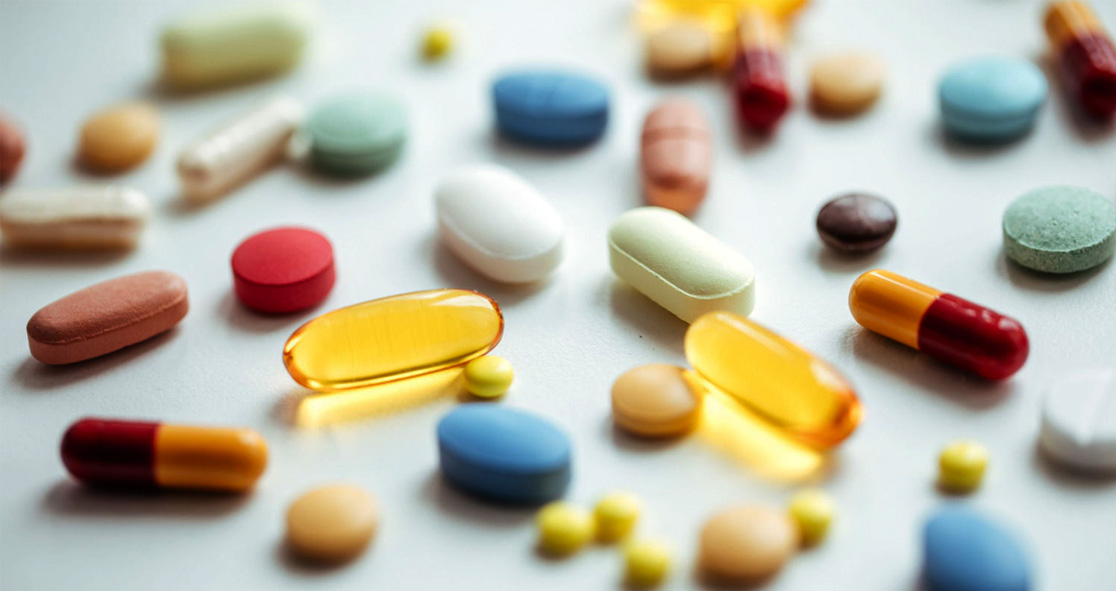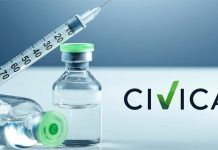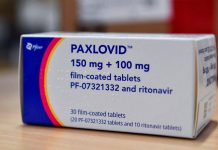A new study has shown that approved generic drugs for insulin and antiviral agents (for hepatitis C) are unlikely to offer any savings for the Medicare Part D plans, according to Healio, a medical news website.
Dr. Stacie Dusetzina of Vanderbilt University School of Medicine in Nashville, Tennessee, and colleagues published the study in JAMA Internal Medicine.
They wrote, “Compared with brand-name drugs, authorized generic versions of direct-acting antiviral agents for hepatitis C and insulin would have resulted in lower out-of-pocket spending for Medicare beneficiaries.”
“However, authorized generic drug coverage was limited for some Part D beneficiaries, with many beneficiaries in plans with coverage for only brand-name drugs,” they added. “For Part D plan sponsors, this decision likely reflects rational economic behavior because net prices (after rebates) for brand-name drugs in these classes may be similar to or lower than net prices for authorized generic drugs.”
Dr. Dusetzina and her team analyzed data from Medicare Prescription Drug Plan Formulary and Pricing Information Files from the third quarter of 2020 and Medicare Part D plan enrollment for September 2020.
They assessed coverage for four brand-name formulations of insulin and antiviral agents and their approved generic versions. The drugs include sofosbuvir and velpatasvir (Epclusa), ledipasvir and sofosbuvir (Harvoni), insulin lispro (Humalog), and insulin aspart (Novolog).
The team wrote, “We selected these drugs because we believe they are the only ones that had authorized generic formulations launched more than 1 year before expected patent expiration and faced no traditional generic competition as of the third quarter of 2020.”
The researchers found that authorized generic drug list prices were 67% lower than list prices for Epclusa, 62% for Harvoni, and 50% for each brand-name insulin product.
“Medicare beneficiaries using authorized generic drugs could save $270 per year for 12 vials of Humalog and $2,974 for a full course of Harvoni,” the investigators wrote.
“Ultimately, the availability of authorized generic options for products not facing traditional generic competition is insufficient to improve affordability for Medicare beneficiaries,” they added.
“The results of this study suggest that efforts to modify the Medicare Part D benefit should also ensure that incentives for plans and beneficiaries are well aligned and that beneficiaries do not overpay for drugs that are a better value for their health plan and the Medicare program.” The story was published in Healio.























